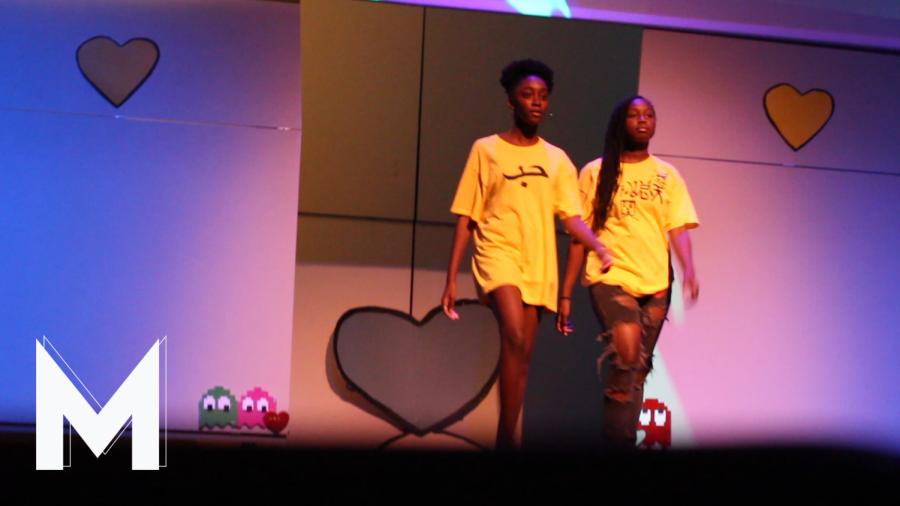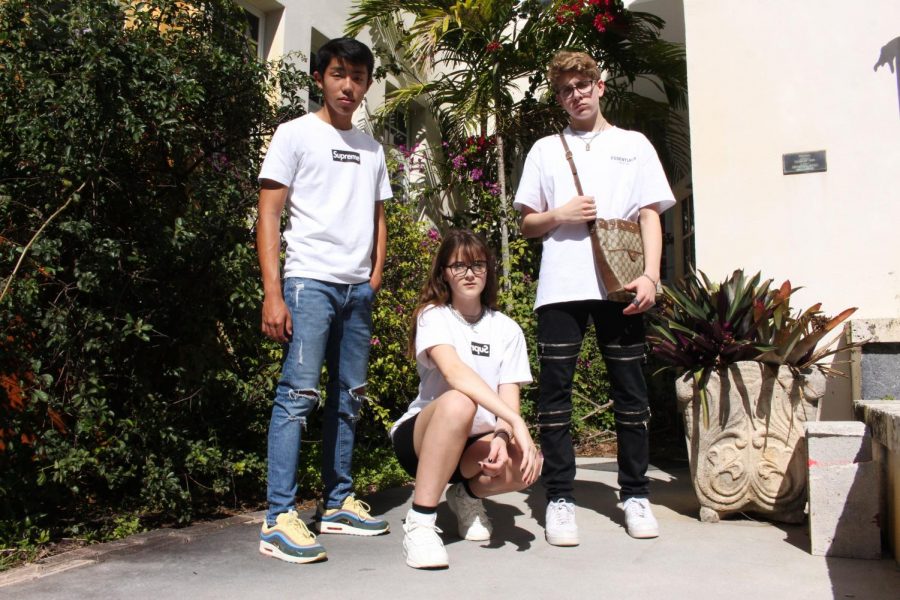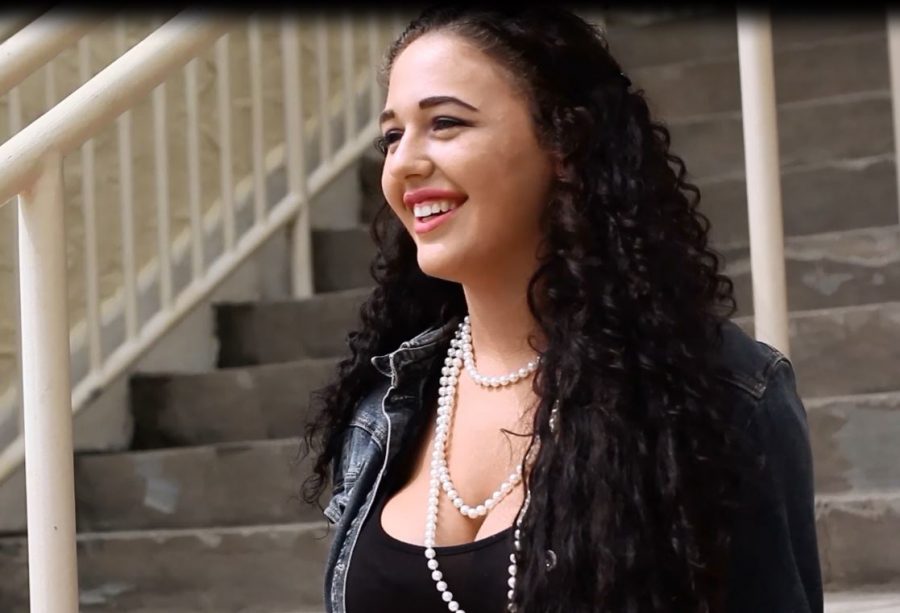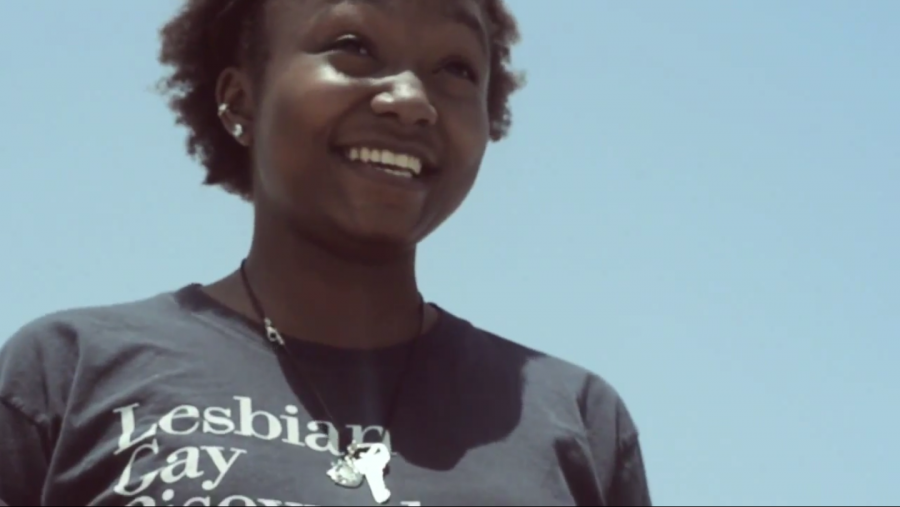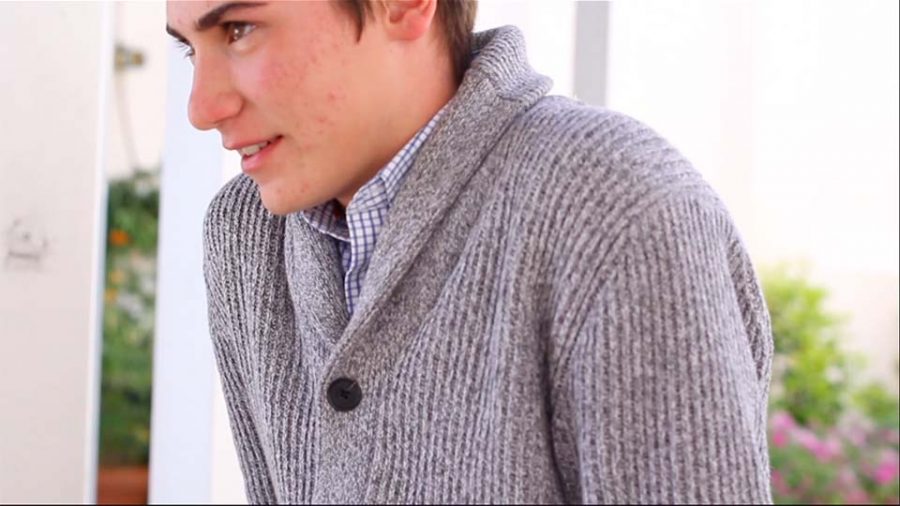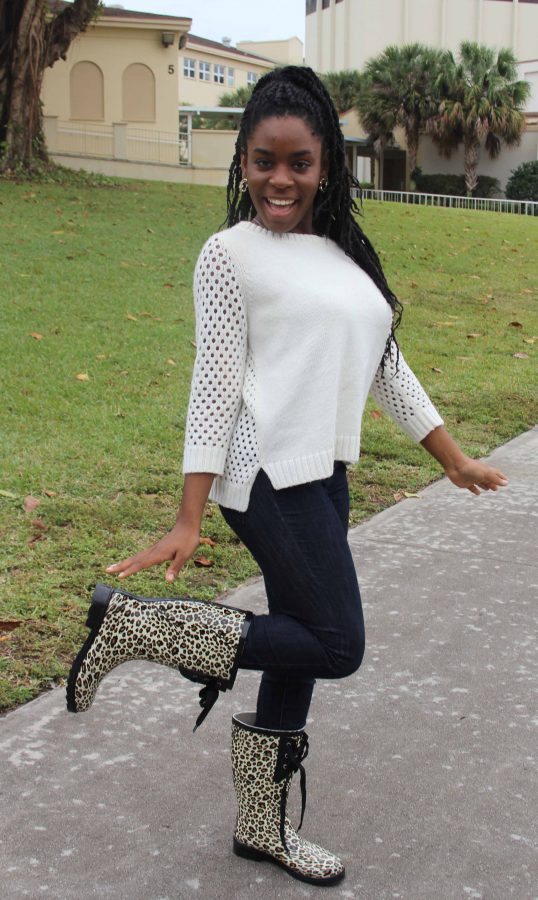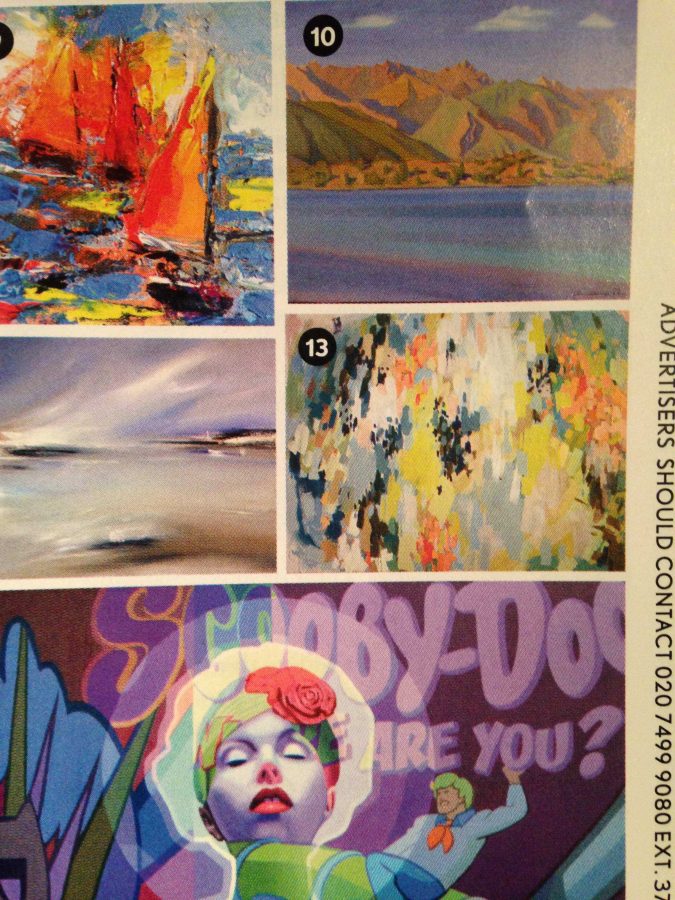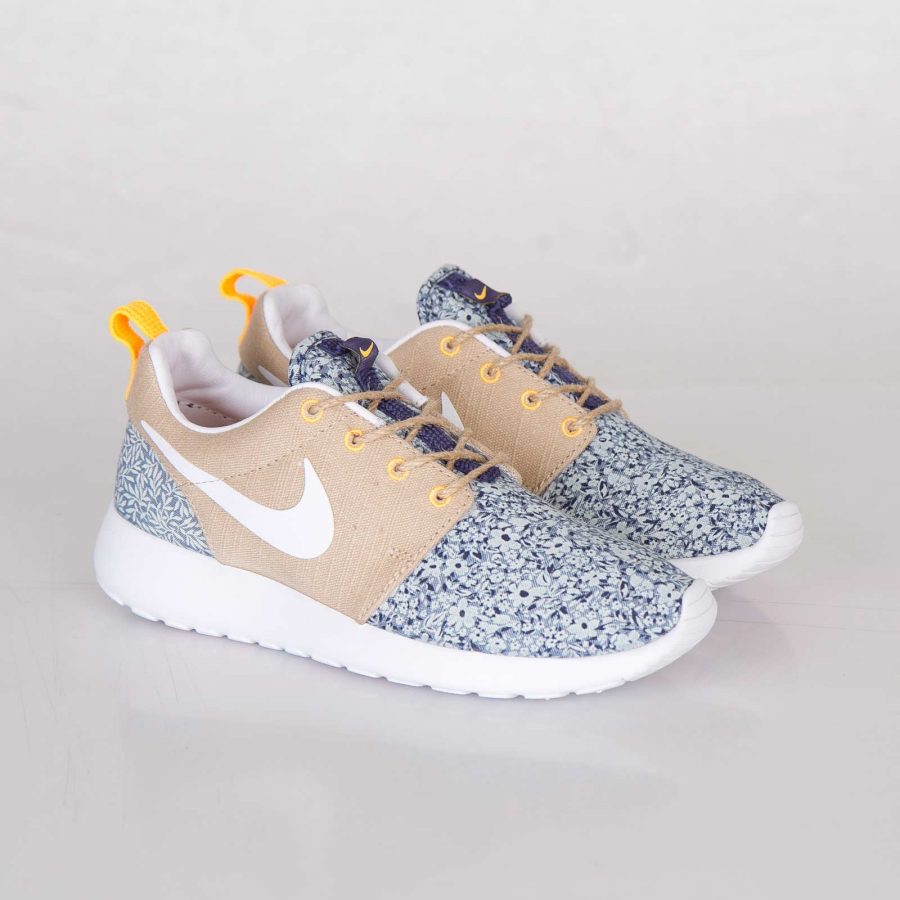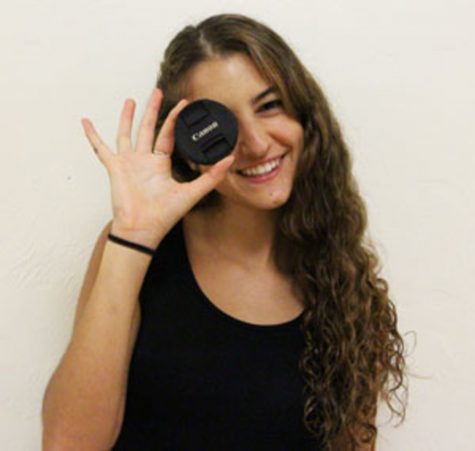The sun shines through your room as you wake yourself up and begin to get ready for school. Today is a new day and you already have your favorite new outfit hanging in your closet waiting to be worn. Walking to class, Sally complements your skirt, Henry says he likes your shoes and George notices your gold charm necklace. You ace that day’s algebra test and your teacher even makes note of your increased participation in class. Are all these events coincidences or did your outfit choice ignite it?
“I find the days I wear show-stopper outfits are better,” digital media senior Lucas Kelman said. “I get more respect from teachers, perform better and have an increase in confidence. It allows me to not second guess myself,”
We live in a society all about ourselves: iPhone, iPad, iPod. We focus more on our self improvement and living a healthier lifestyle, which includes dressing well. But is it possible that just by looking nice, we will have an ultimate better outcome?
According to the New York Times article “Mind Games: Sometimes a White Coat Isn’t Just a White Coat”, “this phenomenon is called enclothed cognition: the effects of clothing on cognitive processes.”
Then there’s embodied cognition. According to Dr. Galinsky, from the New York Times article, “The experience of washing your hands is associated with moral purity and ethical judgments. People rate others personally warmer if they hold a hot drink in their hand, and colder if they hold an iced drink. If you carry a heavy clipboard, you will feel more important.”
This field explains how, “we think with not just our brains, but with our bodies,” Dr. Galinsky said.” Our thought process is based on physical experiences that set off associated abstract concepts. Now it appears that those experiences include the clothes we wear.
“Clothes reflect who you want to be overshadowed by how you feel,” Kelman said.
Kelman explains how he doesn’t have much time in the morning getting ready but tries to look nice every day. For example, a teal Penguin button down, Vineyard Vines lobster belt, flamingo pink Vineyard Vines shorts, dark leather Sperrys, a Nike watch and Oakley sunglasses is just an example of one of Kelman’s showstopper outfits.
“I can’t wear [showstoppers] all the time because it would become the norm, and it’s hard to keep up,” Kelman said. “Less is more; if you wear it less, people appreciate it more.”
Style choice not only affects one’s emotions, but their surroundings as well.
“You’re not going to disrespect someone in a suit and not feel bad about it. Wearing suits makes me feel more successful, and of course happier,” Kelman said.
However for digital media senior Jordan Starkey, he feels the opposite towards dressing up.
“I don’t get stressed out,” Starkey said. “You could look homeless but as long as you smell good it’s all fine. “
However Starkey does agree that one can predict another’s mood based on their clothing of choice.
“I could tell that one girl was stressed out and having the worst day by telling what she was wearing, but other days she looks prettier,” Starkey said.
Style is more than just a material object or an idea, it’s a way of life, affecting not only your psyche but those surrounding you. So, maybe second guess next time you want to dress “slump” and instead dress for success.





